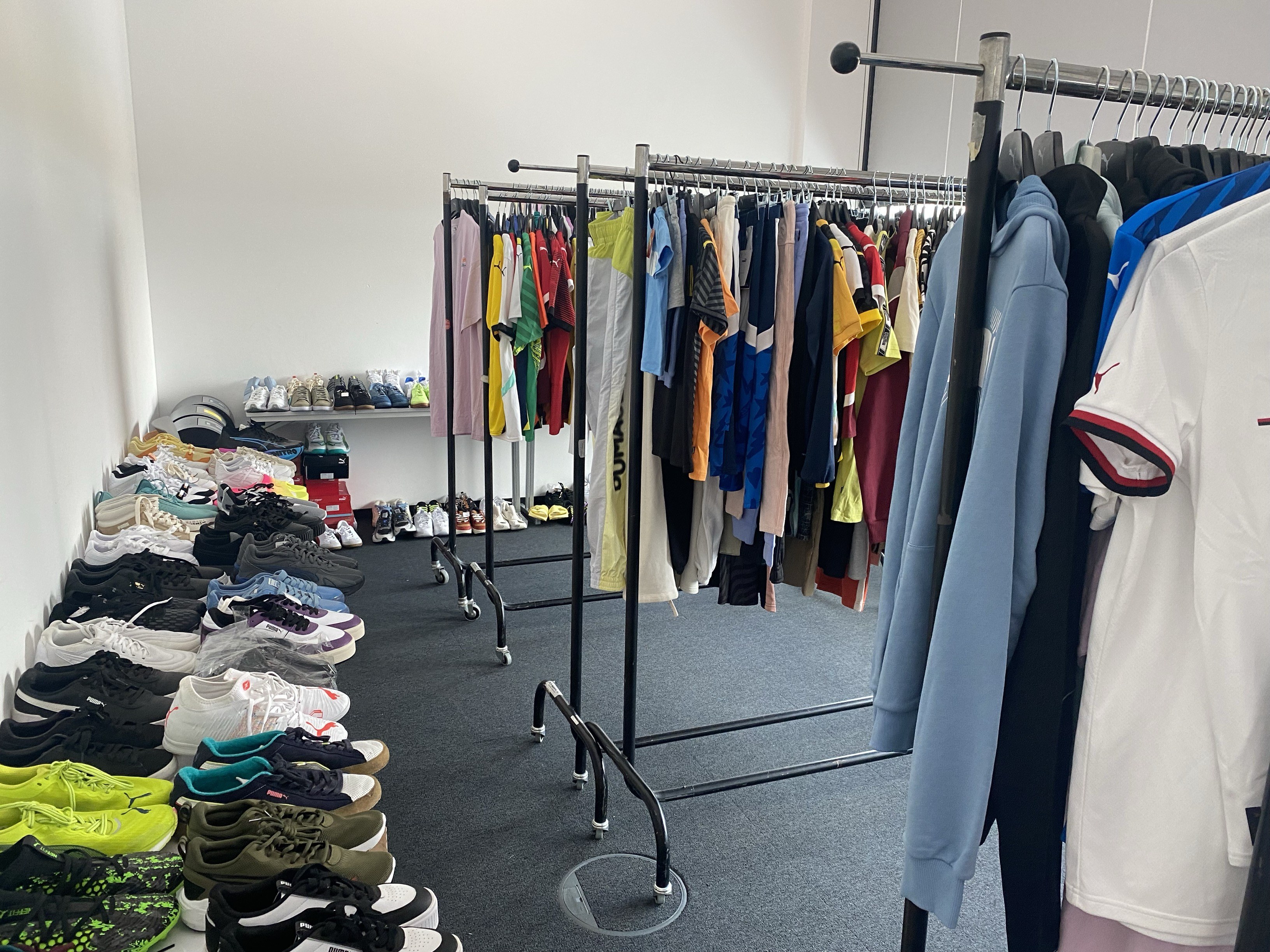
PUMA Tops Fashion Revolution’s
Decarbonization Report
“We believe that the report should be seen as a wakeup call.”
August 2, 2024“We believe that the report should be seen as a wakeup call.”
August 2, 2024PUMA has been ranked first among 250 major fashion brands in the “What Fuels Fashion?” report by Fashion Revolution. This report evaluates what companies in the fashion industry are doing to cut greenhouse gas emissions in their operations and supply chains.
PUMA scored 75%, the highest overall score, across five sections: accountability, decarbonization, energy procurement, financing decarbonization, and just transition and advocacy. Despite this achievement, the report highlights that the fashion industry still has a long way to go in meeting climate targets.
Anne-Laure Descours, PUMA’s Chief Sourcing Officer, expressed pride in the ranking but emphasized the need for continued efforts.
“While we feel honoured that Fashion Revolution has ranked us as the best performer among the companies it examined, we know there is still a lot of work to do in our decarbonization journey. We believe that the report should also be seen as a wakeup call. Much more needs to be done to get all stakeholders to work together to decarbonize our industry and our supply chains. We need to come together to find the solutions needed to achieve our climate goals.”
she said.
She also added,
“This is fantastic recognition of our great teamwork and collaboration. A big thank you to our sustainability and sourcing teams for the passion, education, and the time invested with the sourcing leaders, product teams, and our suppliers to onboard them on this journey. A lot of hard work has gone into building reliable data collection and reporting, which provides the transparency needed for 3rd party evaluation, such as Fashion Revolution.”
In 2023, we set new greenhouse gas reduction targets, approved by the Science Based Targets Initiative (SBTi). By 2030, we aim to cut our Scope 1 and 2 emissions by 90% and reduce Scope 3 emissions from our supply chain and logistics by 33%, all from a 2017 baseline.



